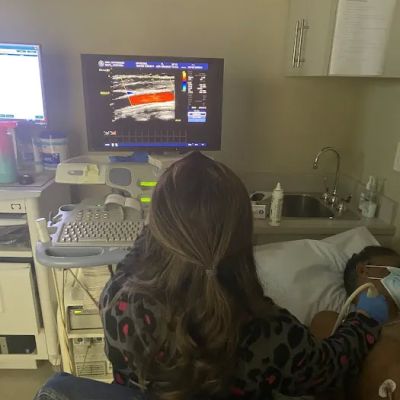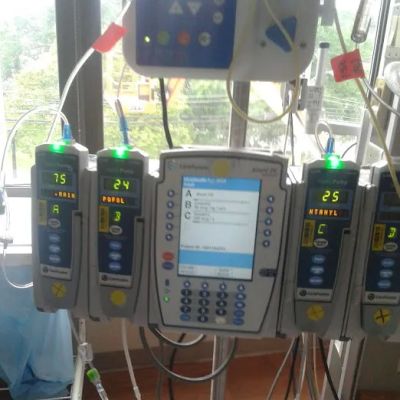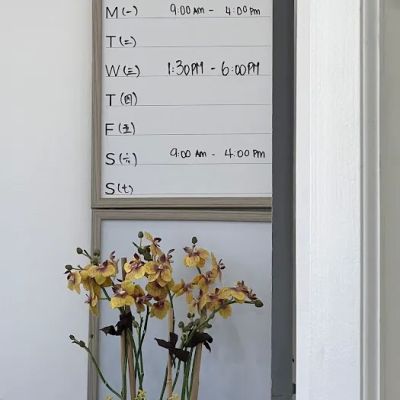- #why-heart-health-matters-after-covid-why-heart-health-matters-after-covid
- #how-covid-19-affects-the-heart-how-covid-19-affects-the-heart
- #common-post-covid-heart-symptoms-common-post-covid-heart-symptoms
- #risk-factors-that-increase-post-covid-heart-issues-risk-factors-that-increase-post-covid-heart-issues
- #steps-to-protect-your-heart-after-covid-steps-to-protect-your-heart-after-covid
- #real-stories-of-covid-survivors-and-heart-recovery-real-stories-of-covid-survivors-and-heart-recovery
- #when-to-seek-professional-help-heartcare-hub-when-to-seek-professional-help-heartcare-hub
Why Heart Health Matters After Covid
1. The heart continues working long after the infection clears
Many survivors assume that once they test negative, every part of the body bounces back instantly. However, the cardiovascular system often experiences lingering stress. Understanding heart health after Covid-19 is crucial because inflammation and strain can persist for weeks or even months.

2. Long-term wellness depends on early awareness
Detecting changes early is one of the most powerful ways to prevent long-term complications. Even subtle symptoms—like periodic chest tightness or unusual fatigue—deserve attention. When survivors stay educated about cardiac health, they reduce long-term risks.
Capital Health Medical Center – Hopewell
capital health medical center hopewell
1 Capital Way, Pennington, NJ 08534, USA

3. Emotional well-being also plays a role
Many individuals report heightened anxiety and stress after recovering from Covid. Emotional tension can make heart symptoms feel stronger, and addressing both physical and mental recovery is key to staying healthy.
How Covid-19 Affects the Heart
1. Inflammation and myocarditis
Covid-19 can trigger inflammation of the heart muscle, known as myocarditis. While not every survivor develops this condition, even mild inflammation may lead to irregular heart rhythms or lingering discomfort.
2. Stress on the cardiovascular system
When the body fights the virus, it increases workload on the heart. Fever, dehydration, and reduced oxygen levels can cause temporary strain that leads to symptoms later if not addressed properly.
3. Blood clotting and circulation issues
Some patients experience post-infection issues with clotting. This can impact circulation, cause chest pain, or contribute to ongoing fatigue. Mild cases often improve with time, but persistent symptoms should be evaluated.
Common Post-Covid Heart Symptoms
1. Chest discomfort and tightness
Not all chest discomfort is dangerous, but survivors frequently report tightness or pressure that comes and goes. These sensations may result from inflammation or anxiety but should always be monitored.
2. Irregular heartbeat or palpitations
Some individuals feel fluttering, skipping, or rapid heartbeats. These palpitations may be harmless but can also indicate underlying irritation of the heart muscle.
3. Shortness of breath during normal activities
A common issue after Covid is noticing that daily tasks feel harder than before. Walking up stairs or carrying groceries may cause unexpected breathing difficulty.
4. Fatigue that lingers beyond typical recovery
Heart-related fatigue feels different—it doesn’t improve with rest and often feels like a sudden wave of exhaustion. Many survivors describe it as “hitting a wall” without warning.
Risk Factors That Increase Post-Covid Heart Issues
1. Pre-existing cardiovascular conditions
Individuals with high blood pressure, arrhythmias, or previous heart disease are naturally at higher risk. Covid adds extra stress, making monitoring essential.
2. Intense physical activity too soon
Jumping back into workouts without gradual progression causes strain. Athletes and active individuals must listen to their bodies carefully.
3. Smoking, dehydration, and poor nutrition
Lifestyle factors play a major role in how quickly the heart recovers. Continued dehydration or skipping nutrient-rich foods can prolong symptoms.
4. Severe Covid infections or hospitalization
Those who needed oxygen or intensive care are more likely to experience ongoing cardiovascular effects. Even mild infections, however, can leave lingering heart-related symptoms.
Steps to Protect Your Heart After Covid
1. Monitor symptoms and track patterns
Keeping a simple journal of symptoms—like when palpitations occur or how long fatigue lasts—helps survivors understand their recovery timeline. Patterns are one of the strongest indicators of progress.
2. Build physical activity slowly
Start with low-impact movements such as stretching, short walks, or gentle cycling. The heart responds best to steady, consistent improvement rather than sudden exertion. Many survivors find it helpful to increase activity by 10–15% each week.
3. Eat in a way that supports cardiac function
Foods rich in potassium, magnesium, and antioxidants give the cardiovascular system a stronger foundation. Berries, leafy greens, and whole grains are excellent choices. Hydration is equally important, especially for those experiencing palpitations.
4. Prioritize sleep and stress management
Rest is not optional. The heart heals during sleep, and lowering stress helps regulate blood pressure and rhythm. Practices such as breathing exercises, meditation, and consistent routines make a measurable difference.
5. Schedule regular follow-ups with heart specialists
Even if symptoms seem mild, survivors benefit from at least one evaluation post-Covid. Early detection of inflammation or rhythm issues prevents future complications.
Real Stories of Covid Survivors and Heart Recovery
1. A marathon runner relearning patience
One story widely shared online involved a marathon runner who felt unusually winded just walking around the block after recovering from Covid. Over time, with slow progression and medical guidance, she regained her stamina. Her journey helped thousands understand that athletic bodies also need extra care after infection.
2. A father who mistook palpitations for anxiety
A survivor shared on social media that he believed his heart flutters were purely emotional stress until a check-up revealed mild myocarditis. His experience reminded many that assumptions can delay treatment.
3. A young professional’s experience with lingering fatigue
Another case involved someone in their early 30s who struggled with fatigue months after infection. Gradual lifestyle changes, hydration, and follow-up care finally helped restore energy levels. Their story encouraged other young survivors to take symptoms seriously.
When to Seek Professional Help from HeartCare Hub
1. When symptoms interfere with daily life
Difficulty climbing stairs, dizziness, or unexplained chest tightness means it's time to bring in experts. These signs may indicate lingering inflammation or circulation issues.
2. When symptoms worsen instead of improve
Recovery should move forward, even slowly. If two weeks pass with no improvement—or symptoms intensify—professional evaluation is essential.
3. When you want personalized cardiac guidance
HeartCare Hub offers personalized services for individuals rebuilding their heart health after Covid. Whether survivors need advice, monitoring, or specialized care, professional support provides clarity and peace of mind.






















Deborah Heart and Lung Center
deborah heart and lung center
200 Trenton Rd, Browns Mills, NJ 08015, USA